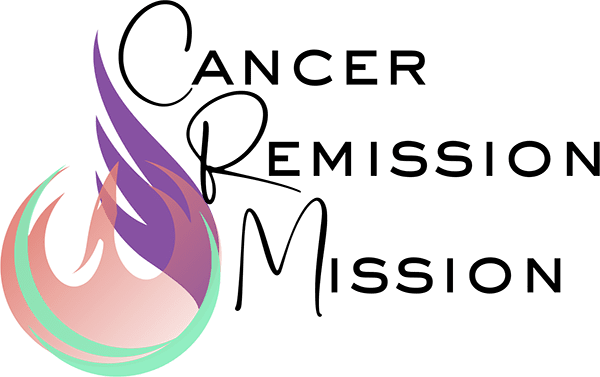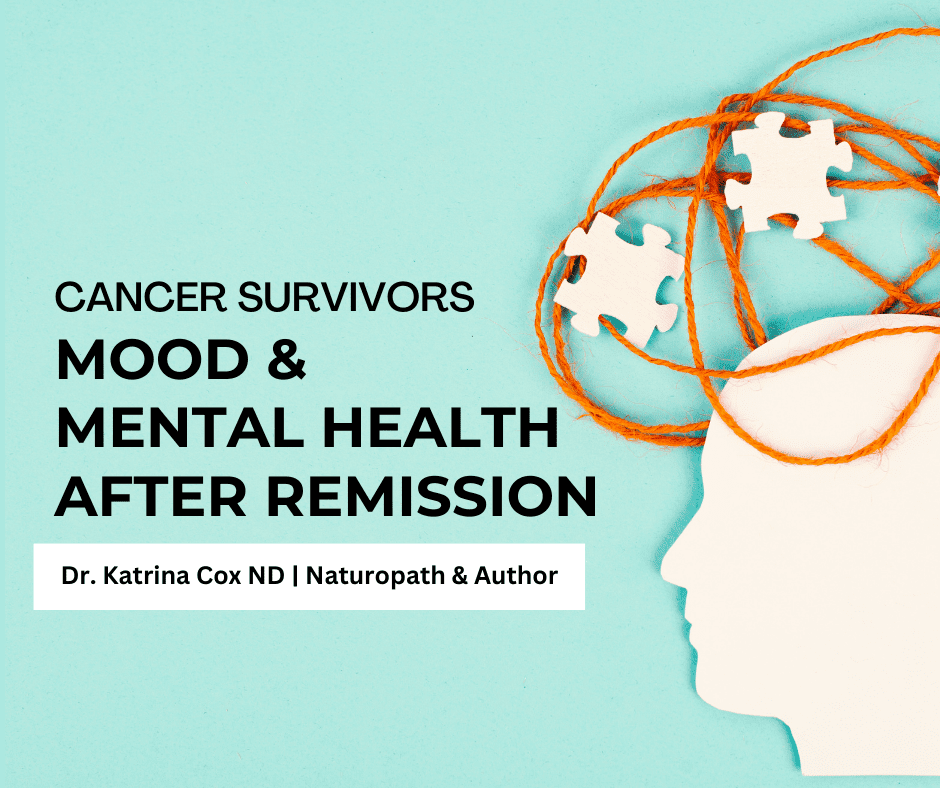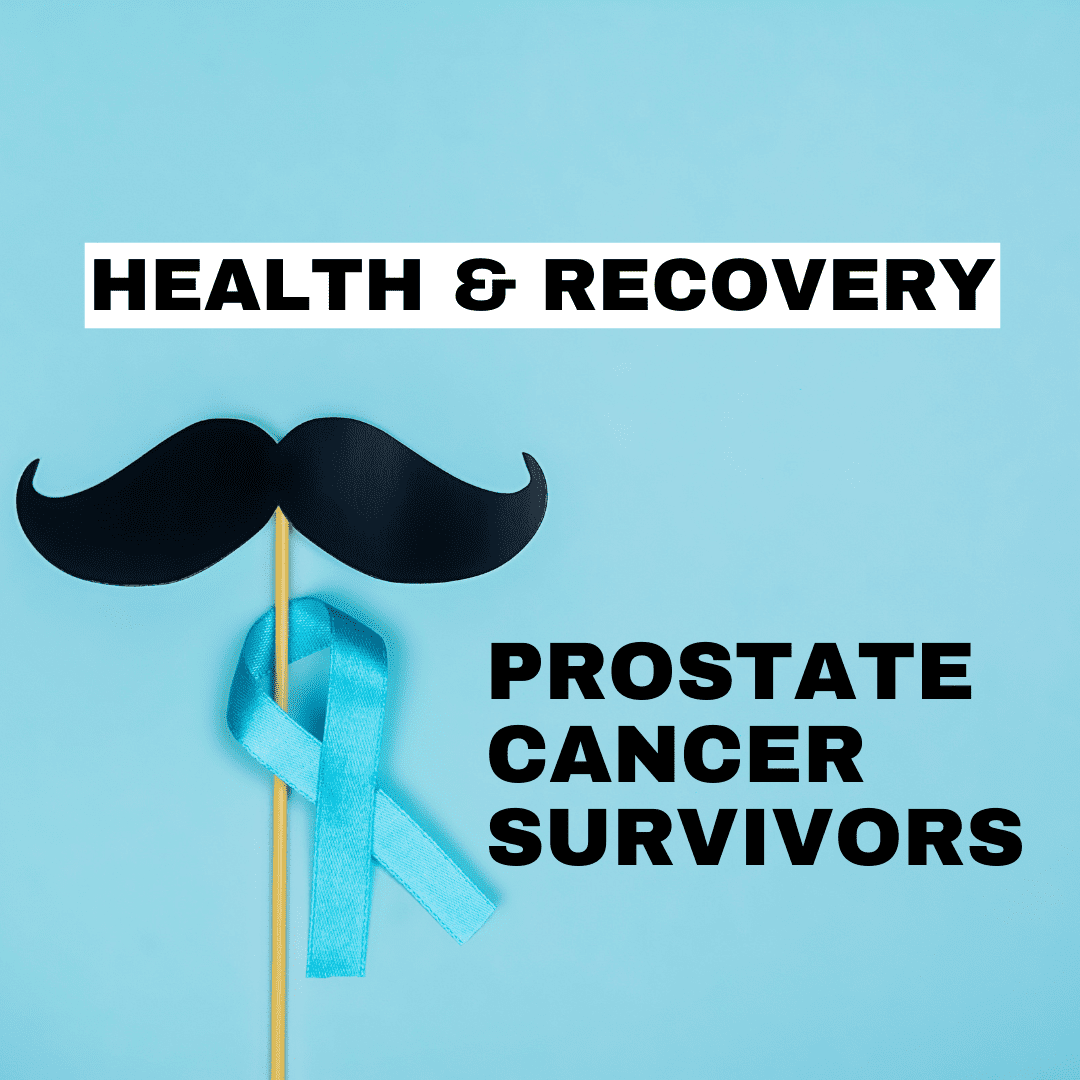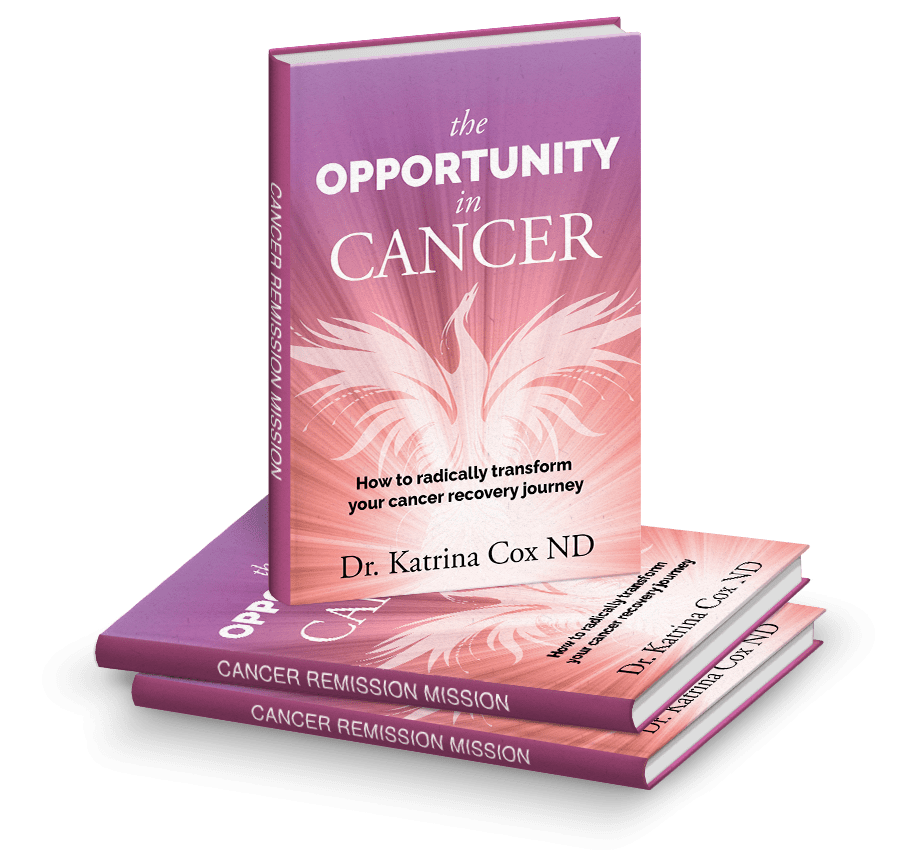January is Mental Health Awareness Month, so we are focusing on the impact of anxiety and depression for cancer survivors. In the first post in this months’ series, I shared some of the common symptoms of anxiety and depression that are easily missed in cancer survivors. Anxiety and depression are commonly experienced during the cancer recovery process and must be addressed in order to support overall health and wellbeing. In this post, I am going to share 3 high-impact strategies that cancer survivors can use to help support and improve their mental health.
Identifying Roadblocks
The first strategy is identifying and understanding any roadblocks that are in the way of recovering your mental health. Roadblocks may be things that are physical, like nutrient deficiencies, or lingering symptoms like lack of sleep. They can also be related to maintenance therapies prescribed after treatment. For example, there are a lot of women that go through menopause after breast cancer, or when they’re on post-treatment therapies like Tamoxifen or Letrozole, which can drastically influence hormones, and, thereby, their mental health drastically. These types of things are roadblocks that are going to inherently make it more difficult to support a positive mental health status.
Burnout is another thing patients who’ve gone through diagnosis and treatment may experience. They can be absolutely burned out by the number of treatments and appointments that they’ve had to attend treatments, all while dealing with their symptoms. These types of roadblocks are very important to address, and understand how they’re impacting us, particularly with mental health challenges such as depression and anxiety.
Improving Neurotransmitter Function
The second thing that I work with patients on is understanding where the neurotransmitters are being made in the body. Neurotransmitters are chemical messengers that help nerve cells communicate with each other. They include serotonin, dopamine, glutamate, and acetylcholine. Neurotransmitters serve several functions, such as regulating appetite, the sleep-wake cycle, and mood. Neurotransmitters can be affected by diseases and drugs, such as those used in cancer treatment.
There are several ways to help recover neurotransmitter function, and improve mood regulation. Physical activity is a great example. Moving our bodies up to 30 minutes a day, by walking, spending time outside, or going swimming, can help to reduce anxiety by 30%.
Lingering nutrient deficiencies and digestive issues can also be roadblocks to improving anxiety and depression. The gut is a place where most of our neurotransmitters are made, and if digestive health is poor, it can impact the neurotransmitters, reducing the availability of these important messengers in the brain. Without the right neurotransmitters, the brain can end up really struggling to deal with thoughts that can contribute to anxiety and depression.
Creating Healthy Boundaries
The third thing that I see cancer survivors needing to look at is creating boundaries.
What does your life look like?
How do you create enough rest?
How do you sit with your emotions?
How do you interact with the support network that’s around you?
A lot of times when folks are going through cancer, after a diagnosis or the actual treatment, friends and family will say, “how can I help you?” They’ll show up. They will bring food, they’ll sit around and be with you during treatment. Once you’re in cancer remission, it is not uncommon for that support network to dwindle, despite the fact that you may still need them. Communicating with that support network and understanding whether you need time by yourself, whether you need distraction, whether you just need comradery, someone to hold your hand or space, is really important. Identifying the people in our lives who can be really beneficial in helping us to move forward and reaching out and making sure that those are the people that we’re connecting with, is critical to thriving after cancer.
Equally, there may be individuals who show up to be supportive, but are not individuals we want around all the time. We may want them around sometimes, but not other times. Communicating those boundaries, and finding those people that we can connect with will help us develop that strategy of recognizing our depression and anxiety and not going through this in isolation.
If you are struggling with depression and anxiety in cancer remission, check out our other posts this month. My book, The Opportunity In Cancer, is also a great place to start to be able to understand your mental health and if it’s being affected by cancer recovery.




